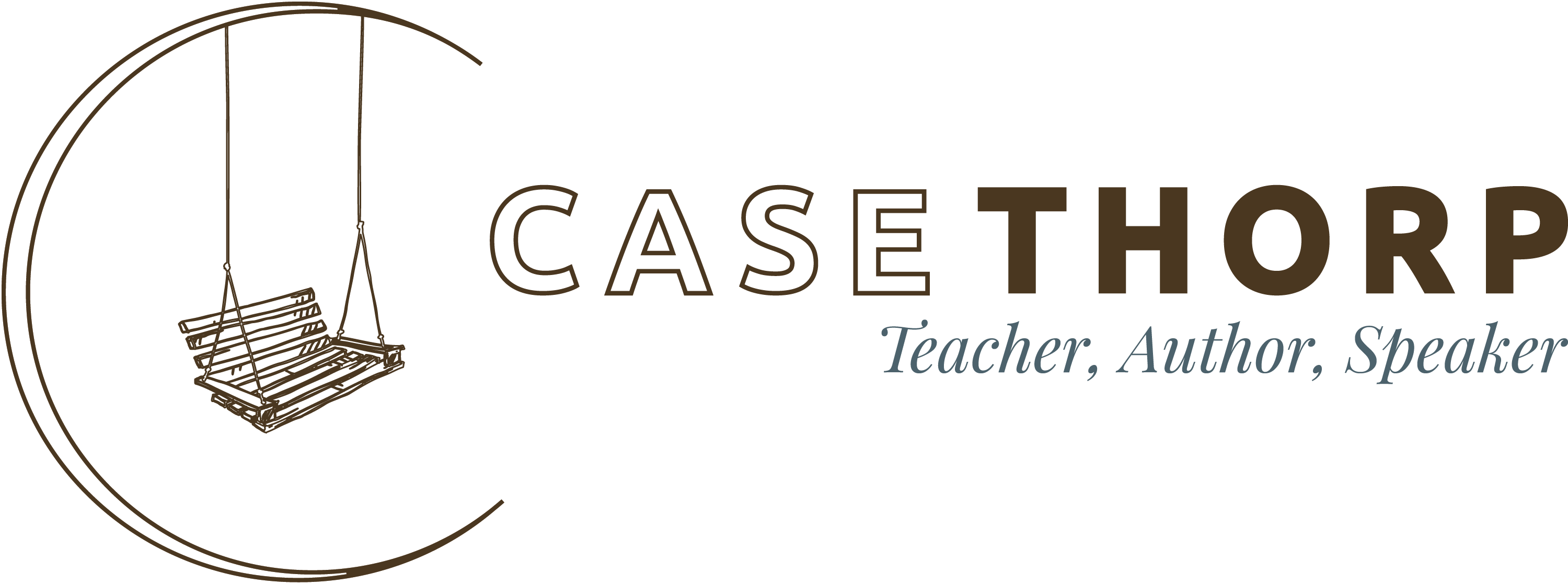Originally published as an editorial in the Orlando Sentinel on December 21, 2012.
The buildup to December 21, 2012, fascinates me. The American public has been captivated by the idea the world will end with the conclusion of the Mayan calendar on Friday. I’m willing to guess most Americans wouldn’t know a Mayan calendar if the Tres Zapotes Stela C fell on them (that’s the intricately carved stone calendar we frequently see flashed in news reports). Yet, the Newtown shootings have pushed the Mayan apocalypse to the background while even more pointedly raising to the foreground the fragility of life, and the power of evil in this world. The Christian tradition looks to the last book of the Bible, John’s Revelation, for hints and clues about how the end of this age will look. The first three words of that book are ‘The revelation (apo-calypse) of Jesus Christ’, or literally ‘the uncovering (apo) of hidden things (kalupis) about Jesus Christ.’ Those enticing and mysterious words have been enough to fuel various interpretations from theologians, scholars, pastors, and charlatans through the ages. Yet, Christians are not unique in this. Islam, Hinduism, Judaism, and Buddhism all have an ‘eschatology’, or theory about the end of time. Religion certainly offers an expectation that time will culminate with some cataclysmic series of events, and that good will triumph over evil. Surely the materialists of today, or those with solely scientific viewpoints, scratch their heads during millennialist moments as these. Yet, our enchantment with the apocalypse is rooted in more than religious conviction, but also the human experience. We know we are finite. Death happens, and for some death comes all too early due to tragedy, illness, or accident. As one ages a growing sense of finitude settles in and the soul longs to know, “What is next?” Life, and the desire to live, creates a longing for the future that results in deep, powerful yearnings to know so that one is fully prepared. Any fire and brimstone preacher knows this well, and uses it to his advantage. Human emotions crave the thrilling, the dramatic. Here in the home of the Mouse we know the power of goose-bumps and experiential excitement. When focused on the end times, imagining what will be is big business for Hollywood. If it weren’t for the slew of movies playing on the ‘what if’, and then the media lifting up the fringe activities of doomsday fanatics, December 21 would likely be more about Christmas preparations than Armageddon. Jesus said, “But of that day or hour no one knows, not even the angels in heaven, nor the Son, but the Father alone.” (Mark 13:32) Yet, that hasn’t kept many from declaring certain dates or eras to be the end, especially in my own faith tradition. Finally, apocalyptic allure brings meaning to life now, and what life might look like in the unknown future. As a pastor, I have the greatest attendance and participation when I teach the book of Revelation. Many are surprised to discover Revelation is more a word of hope to the persecuted church than a predictor of end times. However, the evil of this world, as embodied by last week’s Newtown shooting, cause us to hope for a time when shootings, hunger, disease and impoverishment cease. Perhaps the millennial excitement that comes every few years can serve as a cathartic reminder of the ills of this age and as a call to action for justice, love, mercy, and peace.
